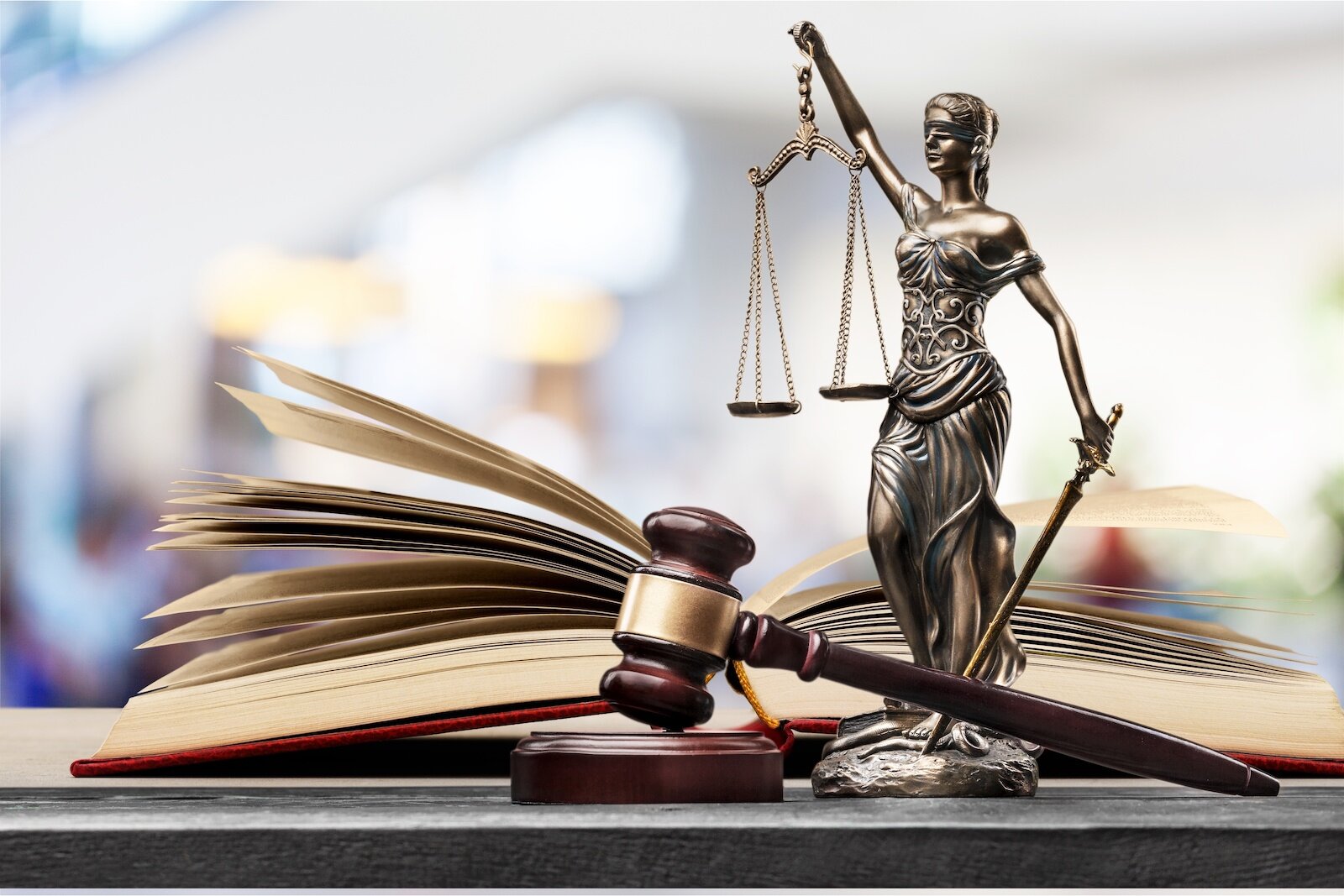When a defendant is ordered to go to trial, they have to know the many ways in which they will be approached by the prosecutor and the judge. The stakes might be high for the defendant, which is why, rule number one, it’s important to have a lawyer by your side, and rule number two, you have to come prepared. If you’ve never been tried, it’s likely that you might not know how the courtroom works. While all of this is normal, it can cost you in the end. In order to get the best result or ruling possible, it is important to understand the defenses you can use. We discuss some of the most common defenses used in criminal cases in this blog.
Denial
Most defendants will not opt to plead guilty. Denial is used through a story that the defendant provides to prove that they were not guilty of the crime they are being charged with. Most denial stories include alibis that can back up the information that the defendant is providing. In denial stories, the defendant usually denies the entire situation itself instead of admitting to some facts or occurrences of the situation.
Factual Events
Sometimes, the facts can work in your favor. Not all facts of the case are a tactic that can lead you to be found guilty in court. For example, the prosecutor and the defendant can use the exact same foundation of facts and events but come up with two completely different stories. Two different approaches can either make or break your case, so it is important that you can prove what really happened.
Unreliable Witnesses
The prosecutor might bring witnesses in to prove their side of the story, but in this case, you can challenge these witnesses. You can tell the judge that these witnesses are not reliable or might be telling false information based on how things went down in your version of the story. Ultimately, the judge or jury gets to decide whether or not they believe the witnesses.
Misunderstanding of Criminal Actions
There are some cases that bring defendants in that were unaware of the consequences of their actions. Sometimes, this really is the fact of the matter. More specifically, some defenses used include insanity, intoxication, and mistake of law or facts of the law. Although, these defenses typically apply in very limited circumstances, which is why you have to think your case through.
No Real Crime Occurred
You can challenge the court, and even more, the law, by stating that you didn’t commit any actual crime. You could say that what appeared to be a crime mistaken for something else. Defendants can use the method of abandonment or withdrawal. In this argument, the defendant would have to admit to wanting to commit the crime, but backing out before the crime could be committed.
Self-Defense was Necessary
This is one of the most popular forms of defense in criminal cases. Self-defense is used best in assault cases, homicide, or duress, the act of being forced to commit a crime. Defendants could also mention that defense was absolutely necessary. Prior defendants have admitted to committing a crime only to prevent the worst from happening. Although, strong sources of evidence and witnesses will help your case when using this form of defense.
Cannot Be Proven
One of the simplest defenses of all, sometimes the State simply cannot prove guilt beyond a reasonable doubt, and if you know how the court works, reasonable doubt is not always enough to find someone guilty of a crime. A case can be very weak, especially if they are working with little to no evidence, so the best defense might be no defense. In the end, your attorney might decide to rest the case and leave it up to the court to see what they can work with beyond reasonable doubt.
The Presumption of Innocence
It is important to highlight that people are innocent until found guilty when they are being tried for a crime. This means that the prosecutor is completely responsible for finding the defendant guilty. As we previously mentioned, some cases might be so weak that the defendant can walk away with no charges at all. In this instance, the defendant can stay silent and argue that the prosecution failed to prove his case.
Get Represented from Start to Finish with The Law Offices of Joseph D. Vasquez
If you’re uncertain about how to go about your case, look no further. Joseph D. Vasquez is here to help you navigate the challenges of your case. Contact us today to learn more about the areas of practice we specialize in, in addition to criminal defense.

